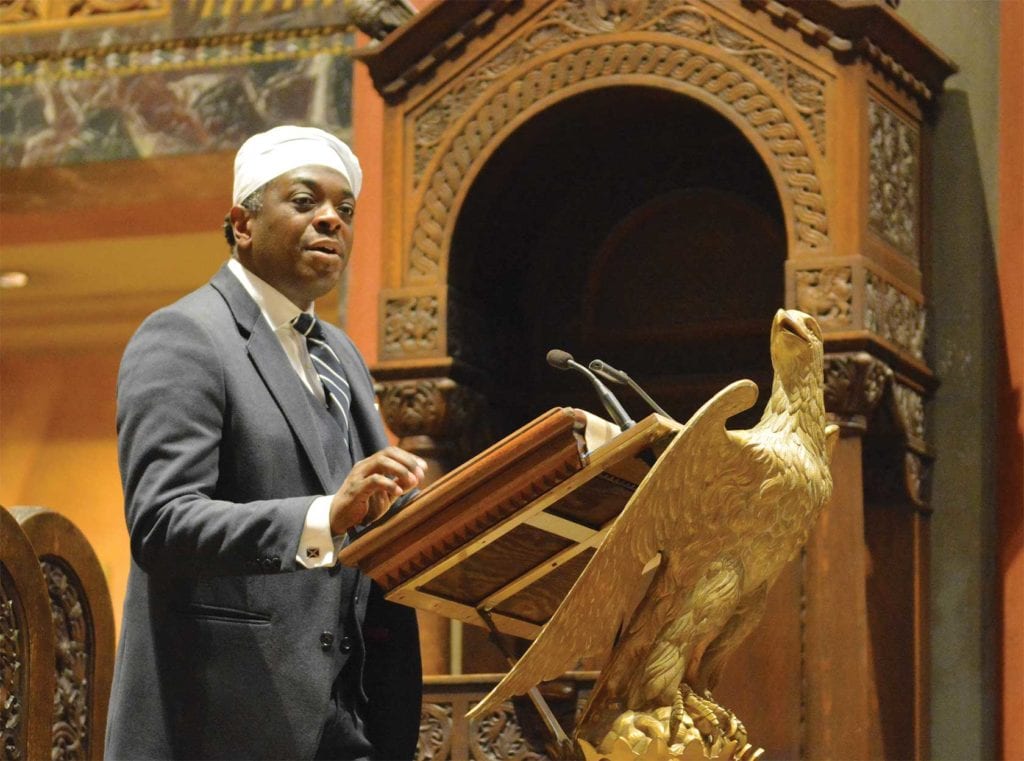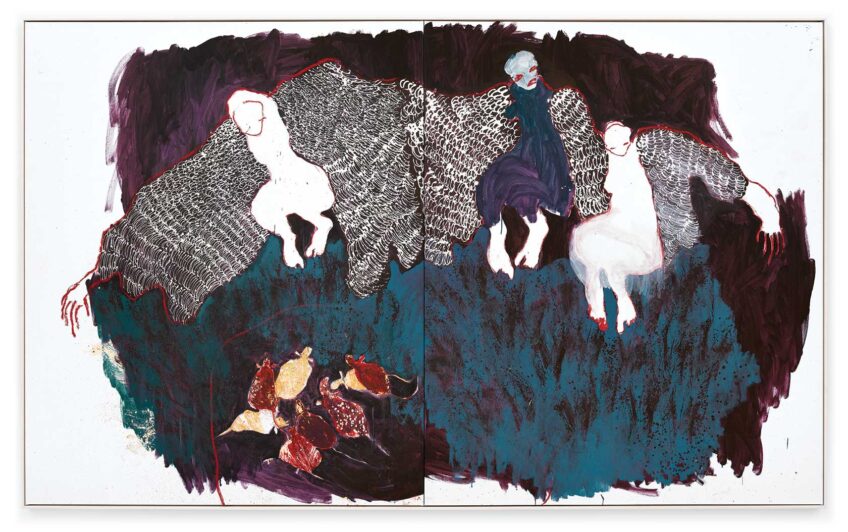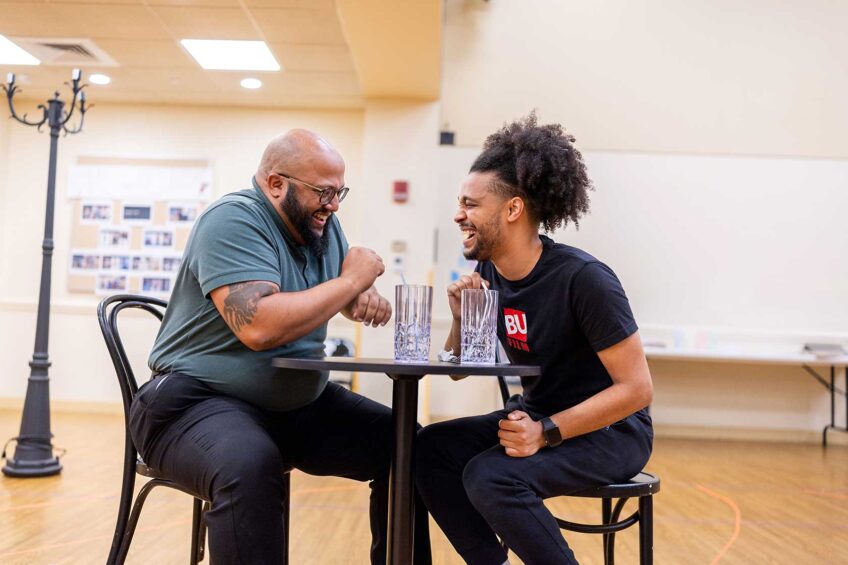Spirit & Song: Handel and Haydn Society performs Emancipation Proclamation Concert

On Dec. 31 at Trinity Church in Boston, the Handel and Haydn Society performed its 2,500th concert. Fittingly, it was the annual Jubilee Day Concert celebrating the emancipation of slaves in the United States, this year sporting its new name, the Emancipation Proclamation Concert. For more than 150 years, the annual performance has brought together the Boston community to celebrate personal freedom and social progress.
‘The celebration of the original signing of emancipation was met with great jubilee and it was called Jubilee Day,” says Emily Yoder Reed, vice president of education and community engagement at H+H. “So there’s a historical story there for sure. But that name hasn’t really stuck universally.”
The organization is pushing to make its concert names more direct across-the-board, for example, “Mozart and Haydn” instead of “Baroque Grand Tour” or another ambiguous title. In partnership with the Museum of African American History, which puts on the Jubilee with H+H, they decided to simplify the Emancipation Proclamation Concert as well.
The afternoon festivities held a lot of old favorites, including a group chorus of “Lift Every Voice and Sing” and “Battle Hymn of the Republic,” another staple at the concert. But new melodies wafted through the historic Trinity Church halls as well. There were more instrumentalists, due to two new Bach cantatas performed. The show also included excerpts from Mendelssohn’s “Elijah,” which were performed at the original Jubilee celebration in 1863.
The cherry on top of a joyous afternoon was the performance of a piece of music written by William Lloyd Garrison called “I am an Abolitionist,” and the reappearance of poet and performer Regie Gibson, who read excerpts from the Emancipation Proclamation with his usual grace and gusto.
Though the performance was (and always has been) free to the public, H+H did collect donations for Trinity Boston Connects, a series of programs serving young people of color. Services like counseling, running training and TEEP, a three- to six-year tuition-free, out-of-school-time pipeline program, aim to empower young people to dream bigger and reach their full potential.
Reed says that the concert continues to be crucial to the Boston public, more than a century later. “It’s so important for us to continue talking about this and the way it connects with our lives now,” she says, “and to continue to see those ideals that are spelled out in that proclamation actually happening in our community. There’s more to be done.”









